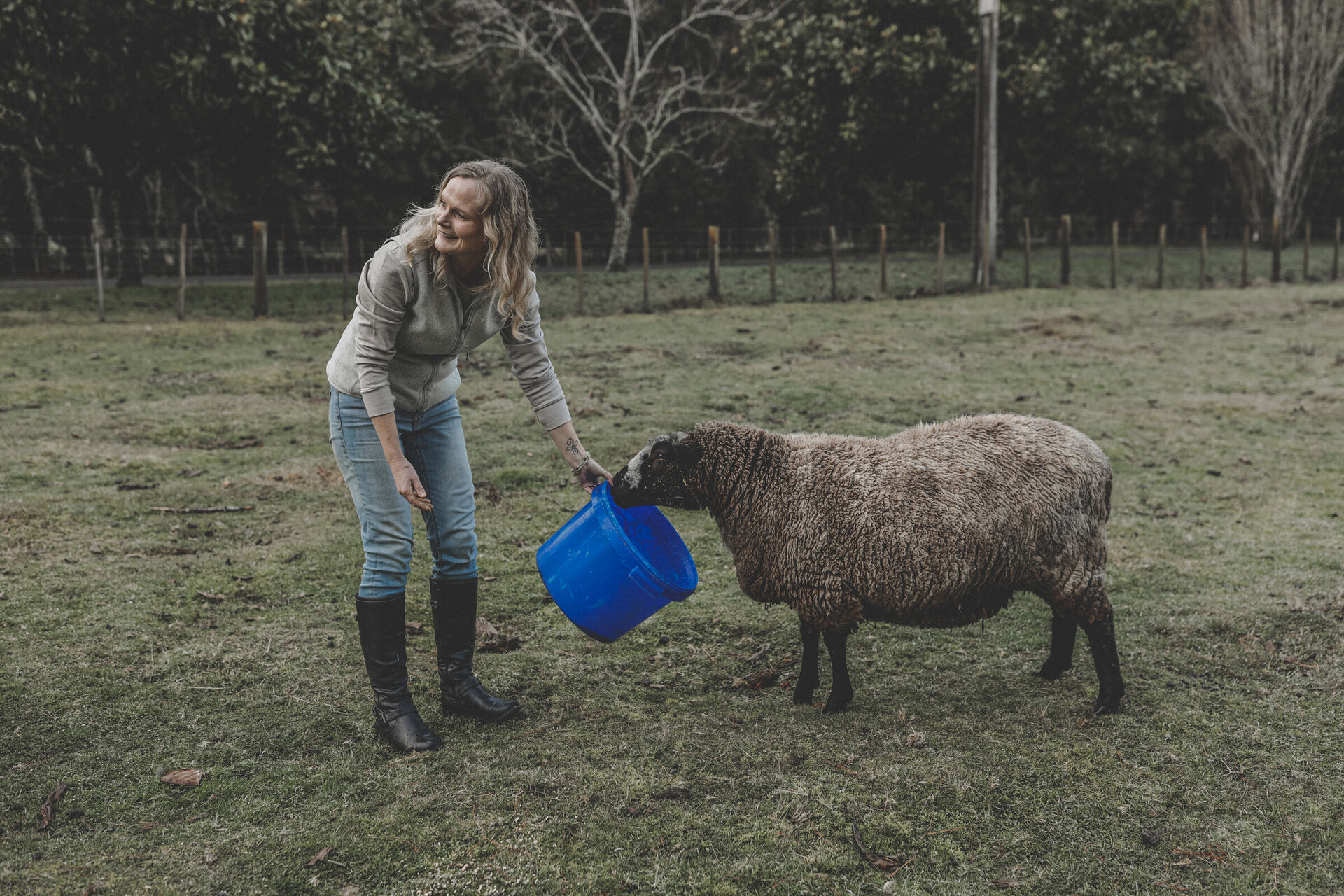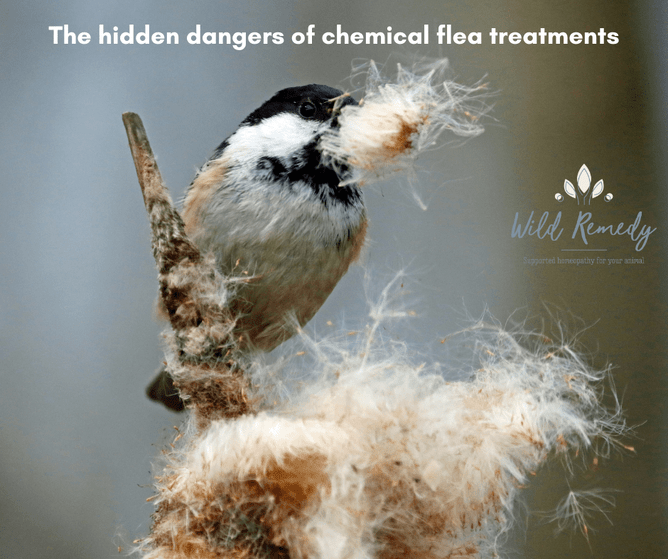I was horrified to find out that baby birds are dying.
As animal guardians, we all want to provide the best care for our fur-baby's, from healthy food to regular health and well-being checks and, of course, flea treatments.
Fleas, while pesky for our furry friends, can easily be eradicated with various products—whether topical treatments, collars, or sprays. But what many of you may not realize is that these treatments, while effective for fleas, is putting not only your fur-baby and family at risk, but also other wildlife, including our beloved birds.
Recent studies are shedding light on an alarming and often overlooked consequence of using toxic flea treatments on our animals. As we groom and care for our animals, the chemical-laden fur that we brush off can end up in the nests of local bird species. Baby birds, particularly in their fragile early stages of life, are ingesting these chemicals when they pick up pieces of contaminated fur, leading to poisoning and, tragically, death.
The Unseen Link: Animal Fur and Bird Nests
When we groom our fur-baby's, we often don’t think about where that fur goes. It might end up on the floor, in the trash, or—especially if you have outdoor animals—blown into your yard, the street, or even nearby trees.
For birds, this stray fur can be a valuable resource. Many species of birds collect animal fur to line their nests. Soft, insulating, and relatively easy to find, your fur-baby's fur helps create a cozy and warm environment for eggs and newly hatched chicks.
However, what you may not have considered, is that your fur-baby's fur is increasingly contaminated with toxic chemicals from flea treatments.
Flea collars, topical treatments, and sprays often contain neurotoxic substances like permethrin, imidacloprid, and fipronil. These chemicals are designed to kill fleas and ticks, but they also linger in the fur, where they can be transferred to other surfaces. Birds, unknowingly scavenging for materials to build their nests, may come into contact with this harmful fur, bringing it back to their nests and ultimately feeding it to their young.
The Dangers to Baby Birds
For baby birds, the impact of these chemicals can be devastating. At this vulnerable stage, baby birds are highly sensitive to toxins. When they ingest contaminated fur or the insects that may have come into contact with it, they can suffer from poisoning. Symptoms of poisoning in birds can include lethargy, weakness, difficulty breathing, or even sudden death. The chemicals in flea treatments can disrupt the delicate balance of their developing systems, leading to severe neurological damage or organ failure.
In many cases, the effects may not be immediately visible, but they often lead to a tragic outcome—nestlings that do not survive to fledge. As a result, this practice is contributing to a steady decline in the populations of some bird species, especially in urban or suburban areas where animals and wild birds often coexist.
The Dangers to Your Fur-Baby and Family
While it's crucial to protect our animals from parasites, we must also consider the impact that these treatments not only have on our eco system but also the risks to our fur-baby's and family.
I am not going to sugar-coat it. The problem with poisoning fleas and ticks is that you’ll also poison the host … and that’s your fur-baby!
Not only this, how many of you, your children or other animals will touch, hug or pick up their family fur-baby after they have been treated with chemicals and inadvertently get this on their skin, clothes, bedding etc.
I have homeopathically treated cats and dogs that have suffered from chemical burns due to topical flea treatments, not to mention the side effects of both oral and topical flea treatments.
These side effects can rear their ugly head months after the treatment has been given. These side effects will of course also differ depending on if the treatment was topical or oral.
A healthy animal isn’t a good host for fleas and ticks. Start your fur-baby's journey to good health before flea season begins. Here are some lifestyle changes to start with:
Feed a species appropriate diet, whole food, raw meat diet.
Avoid chemicals, pesticides, fertilizers and toxic cleaners.
Minimize vaccines and pharmaceutical drugs.
Strengthen your fur-baby's immune system.
Here are a few steps you can take to minimize the harm your animal's flea treatments might cause to not only the birdlife but also your fur-baby and family.
Choose Safer Flea Treatments: Whenever possible, opt for natural flea treatments which contain no toxins. Many natural and organic flea treatments are available, including homeopathy. I personally have effectively used homeopathic flea treatments for many years on all of my animals. It gives me peace of mind that I am not handling toxic products, nor giving toxic chemicals to my fur-baby's or inadvertently passing any chemicals on through clothing, bedding etc.
Proper Disposal of Animal Fur: After grooming your fur-baby, make sure to dispose of the fur responsibly. Avoid leaving fur in outdoor spaces where birds may gather. Instead, consider vacuuming it up and disposing of it in a trash bin, rather than leaving it out in your yard or near bird habitats.
Create a Safe Space for Birds: If you're a bird lover, you can create a safer, more sustainable environment by providing birds with safe nesting materials. Offer natural nesting supplies like twigs, grass, and feathers. You can even provide safe birdhouses to help birds build their nests away from potential contamination.
Educate Others: Share the dangers of toxic flea treatments with fellow animal guardians and bird watchers. Raising awareness about the consequences of chemical flea treatments can make a significant impact on the safety of not only the local wildlife but also our fur-baby's and our families.
As animal guardians, it’s our responsibility to be mindful of the products we use and how they can harm not only our own fur-baby and members of our family but also other creatures. By choosing safer flea treatments such as homeopathy and disposing of animal fur responsibly, we can help protect our animals and wildlife.
Selecting homeopathic alternatives is a small but very meaningful step that you can all take to ensure that both your fur-baby, family and our feathered friends thrive.



